Results
-
 £24.50
£24.50Marching Through Wales - Various - Chris Cooper
Music from God's own country! This great item treats your audience to some of the greatest tunes that Wales has to offer, in an all round rousing, foot-tapping arrangement. Music including Calon LAn, The Ash Grove, Hyfrydol, Myfanwy, Ar Hyd Y Nos, Blaenwern & Men of Harlech has all been given the military treatment and is a perfect audience pleaser for both the bandstand and the concert hall. A must for all band libraries.
In Stock: Estimated dispatch 1-3 working days
-
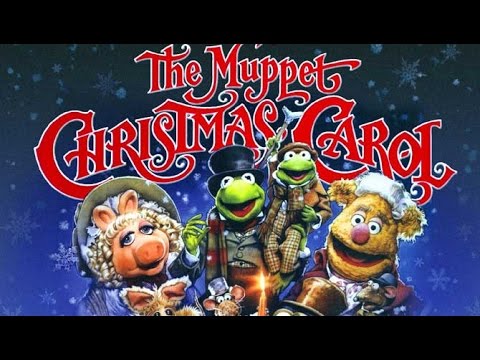 £29.50
£29.50A Muppet Christmas Carol - Paul Williams - David Hollings
The Muppets certainly need no introduction and their take upon the famous Charles Dickens classic novel was of course, a huge success. Released in 1992, the film was the first from the Muppets to be created following the death of their creator Jim Henson and fellow puppeteer, Richard Hunt. Now, arranged by David Hollings, the fun filled overture from the movie is now available for brass band for the first time. A welcome addition to a festive programme for bands that are looking for something different this Christmas.
In Stock: Estimated dispatch 1-3 working days
-
£24.50
Make Me A Channel Of Your Peace - Sebastian Temple - Steven Hague
One of the most stunning hymn tunes in existence has been arranged by Stephen Hague in such a way that it shall warm the hearts of your audience. The hymn is featured endlessly on T.V. (BBC's Songs of Praise), and more famously at the funeral of Diana, Princess of Wales. With gorgeous harmonies and counter melodies for the entire band to participate in, this arrangement belongs in every bands library.
In Stock: Estimated dispatch 1-3 working days
-
£24.50
Northwold - The ELB March - William Elsom
Sub-titled "The ELB March" as it was composed for the East London Brass band, this is a nice catchy march, ideal for the opening of a concert or 2nd half opener to a concert.
In Stock: Estimated dispatch 1-3 working days
-
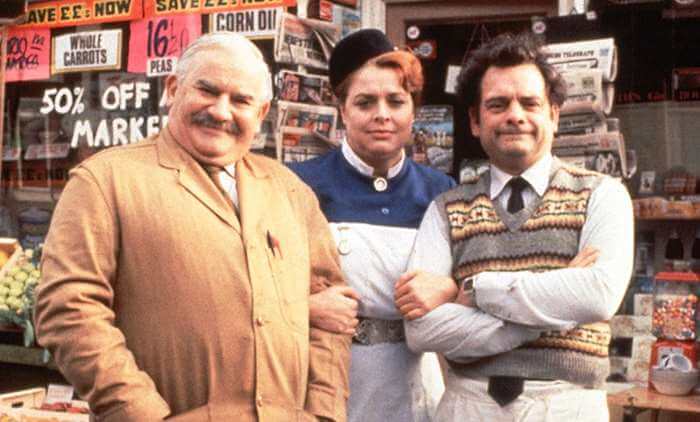 £24.50
£24.50Open All Hours - Wellington Guernsey & Joseph Ascher - John Lee
The theme tune from one of Britain's iconic comedy shows is in fact, an old tune entitled 'Alice, Where Art Thou' composed by Joseph Ascher, a Dutch composer and pianist. The opening title sequence of the show heard brass arranger, Max Harris performing his own version of the tune, who also composed the incidental music for the show. This light-hearted release coincides with the release of the new Open All Hours series starring David Jason who now runs the corner shop years later. A great easy going summer concert item and one that audience members will truly enjoy.(also playable by training bands)
In Stock: Estimated dispatch 1-3 working days
-
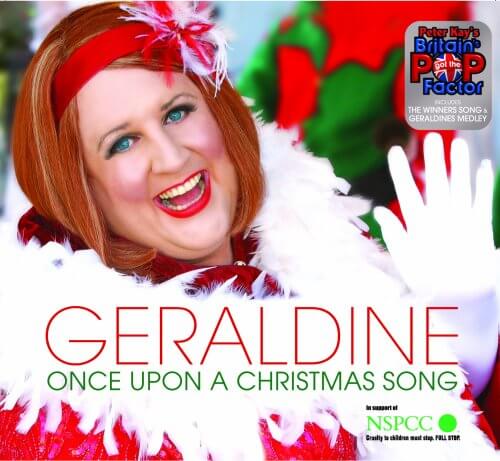 £29.50
£29.50Once Upon A Christmas Song - Peter Kay & Gary Barlow - Gavin Somerset
They just don't write Christmas songs like they used to! Enter, Geraldine McQueen (AKA Peter Kay) who set to put all that right with her (his!) spoof Christmas song, 'Once Upon A Christmas Song', co-written by Gary Barlow. The proceeds from the single were donated to the NSPCC and at its peak, reached number 5 in the UK charts. The song's memorable video and hook which tells of them singing Christmas songs 'Over & Over & Over again' made the melody an instant hit. Now your band can inject some humour into your festive concerts with this great little number. Is there a hidden Geraldine in your band?!
In Stock: Estimated dispatch 1-3 working days
-
£24.50
Rondeau - Mouret - Stephen Tighe
Public Television viewers will recognize this piece as the theme from "Masterpiece Theatre." It was composed in Paris in 1729 by Jean-Joseph Mouret (1682-1738) as part of a longer suite of instrumental pieces. The Rondeau has been popular at weddings and can be used as either a processional or a recessional, depending on the tempo at which it is played.
In Stock: Estimated dispatch 1-3 working days
-
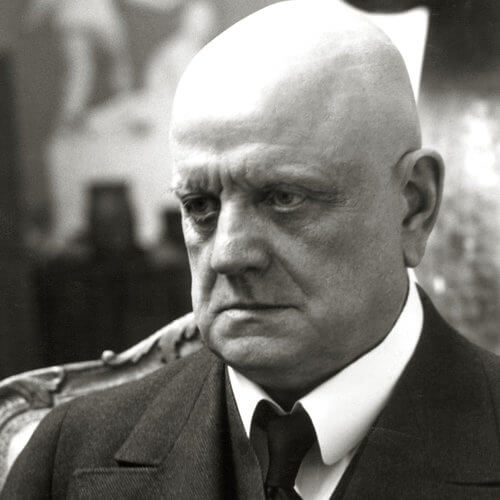 £29.50
£29.50Sibelius Fantasy - Gavin Somerset
Composed in 2003 for a composition competition, this work uses elements of three major work by the Finnish composer Jean Sibelius (1865-1957). The three being... Symphony No.5, Finlandia, Karelia Suite (March) The piece starts with an atmospheric opening before setting of in bar 10 with a tempo that will remain for most of the piece. The main original theme is brought in at A before the famous sequence from Sibelius' Symphony No.5 enters at B and then very distinctly at C. The music then rollercoasts through keeping all sections of the band busy, until we reach J when the solo Euphonium can shine, helped along by Flugel and Repiano. The Molto Vivo before K sets off with dazzling trills from the cornet section, and bringing with it the theme from Finlandia in bar 165, followed shortly by the March from the Karelia Suite. From N to the end, all three pieces are brought to a final climax together. A rousing piece and makes an interesting change to a direct transcription.
In Stock: Estimated dispatch 1-3 working days
-
 £29.50
£29.50Sing - Andrew Lloyd Webber & Gary Barlow - Dave Houghton
When it was announced that prolific composer Sir Andrew Lloyd Webber and hit song writer Gary Barlow were to collaborate on a project to commemorate the Diamond Jubilee of Queen Elizabeth II, the public were left in little doubt that the music would be an instant hit. We were not disappointed! Gary Barlow travelled across the Commonwealth searching for instruments and voices to perform on the single and the 'Military Wives Choir' were also included in the final edition. Now available for the first time for brass band in an arrangement by Dave Houghton, this moving work projects the 'feel good' factor to your audience and is a perfect addition to a programme on both the bandstand and concert hall. A must for every bands library.
In Stock: Estimated dispatch 1-3 working days
-
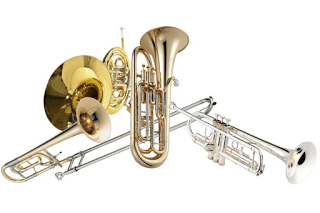 £24.50
£24.50Swing Low, With Grace - Traditional - Rob Westacott
This work cleverly combines two well-loved songs, Amazing Grace & Swing Low, Sweet Chariot into a great little piece for bands. With the opening and close performed as a quartet feature, a lone soloist is heard ringing out the Swing Low melody before the tempo picks up from the band. A swing section then gets your audiences feet tapping before returning to the quartet for the finale. A great little piece that would work very well in any concert programme.
In Stock: Estimated dispatch 1-3 working days
